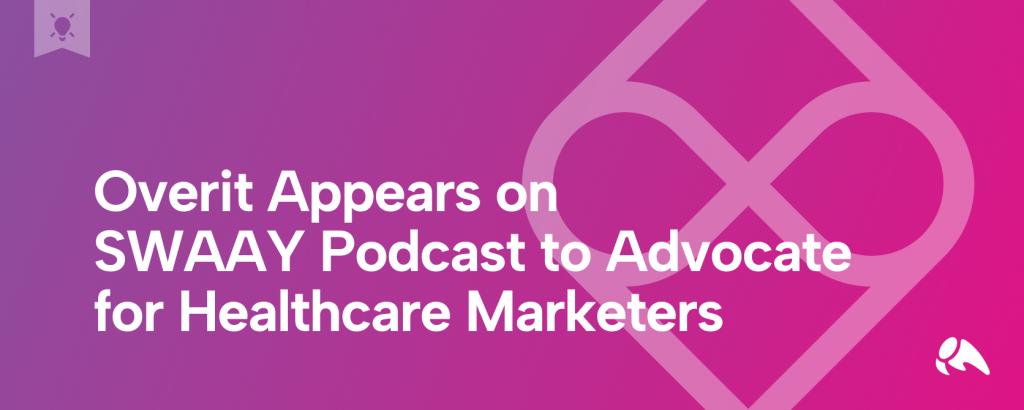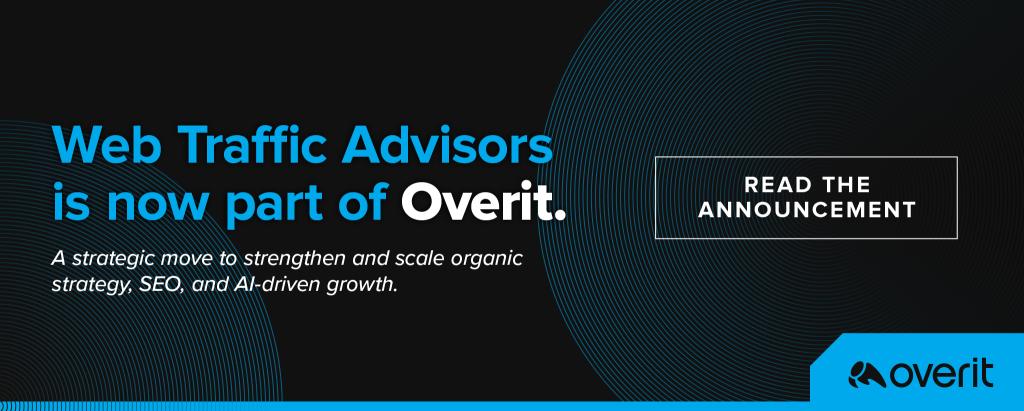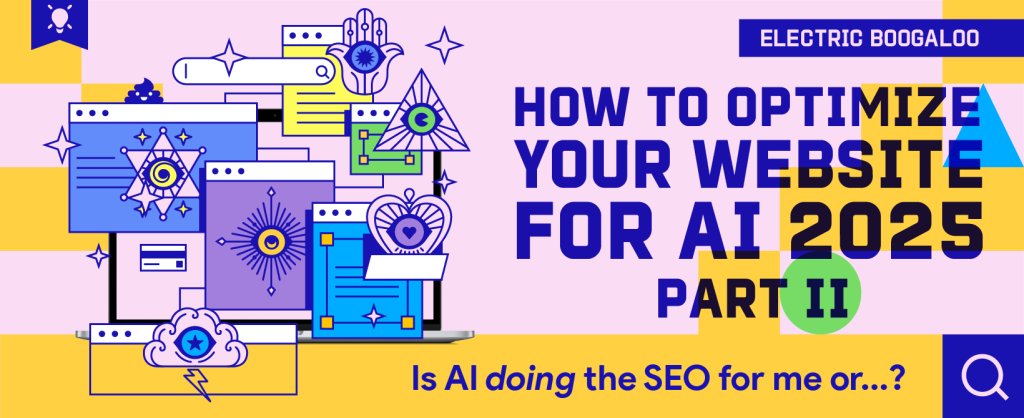So you’ve got a product to sell, a website to promote it, and an audience to buy it. Now, you’re working on the next step: connecting those dots to get your target buyers to your website and convince them to purchase.
The key in any online campaign is to make sure you are tracking the results of everything you do, including social media, SEO, paid search, display advertising, etc., so you know how those are contributing to your ROI. Plenty of analytics tools are available to provide in-depth insight into how people from each marketing channel are interacting with your brand and ultimately converting into paying customers.
Many companies involved in marketing campaigns look at only one factor, whether that be website visits, clicks on ads, or emails submitted, to determine their success or failure. However, it’s crucial to make sure you are looking at the big picture of how all your results tie together. So, what is the big picture? Well, let’s take a look at what it’s not.
It’s not just about website visits
Granted, an upward trend in visits is desirable. But how are people finding your site? Perhaps most of the people coming to your site are simply searching for your brand name, where your company should rank anyway. A big-picture report will show not only that visits are increasing, but why they are increasing.
Are more people coming from organic or paid search? Are more people clicking links from social networks? Did you send out an email newsletter that caused a spike in visits one day? Showing the actual sources of visits is important.
It’s not just about ranking for “x” keyword
Any SEO service that gives you a 100% guarantee they will rank you on top of Google results in a month for a specific keyword is scamming you. Truly effective SEO takes time, and search engine algorithms change constantly.
But as a deeper question, is ranking for a keyword your ultimate goal? No. Ranking for the keywords most relevant to your brand is vital, for sure. But what does it matter if you rank for a keyword and nobody converts after landing on your site? Ultimately, choosing relevant keywords and ranking for these keywords is just one step in the process of giving you a return on your investment.
It’s not just about cost per click
People unfamiliar with PPC often say they just want to get the cheapest cost per click. But is this ultimately helping your brand succeed? Of course, a well-run campaign will always seek to bring down cost on the keywords that are the most effective. But if a keyword that’s slightly more expensive is more likely to convert people, it is ultimately more cost effective to a company than bidding on cheaper, generic keywords.
For example, let’s say you sell bottled water. Nobody’s bidding on the word “water,” so you could get top placement for a very low price. But how many people searching for “water” are actually looking for bottled water?
Bidding on “bottled water,” while much more expensive with all the competition in place, will place your ads in front of people who are actually searching for your product. The fundamental principles of advertising haven’t changed with the rise of online mediums. It’s still about reaching the most relevant people with the most relevant message.
It’s not even just about conversions
What? Everything comes down to conversions and leads, right? You’re certainly closer to the goal if you have this kind of tracking in place. But if you’re not tracking where conversions are coming from, you’re still not seeing the big picture.
What if people coming in from certain PPC keywords are bouncing right off your site? You’re wasting spend if you’re not finding this in analytics and solving it by pausing keywords or changing your ad copy or landing page. What if you ran a large social media promotion, and lots of people are coming to your site from Facebook and converting? You’re missing out on reporting the full success of this campaign if you’re not looking at these statistics.
So, what’s the big picture?
We’ve touched on SEO, PPC, web analytics, social media, and conversion strategies–a lot of topics for one article. How do they all tie together? Honestly, there’s no one-size-fits-all solution, and you need to customize your goals to your product or service. The main point is: don’t take any one measurement and see that as the ultimate sign of whether your campaign is a success or a failure. Look at the big picture of all the data together!







